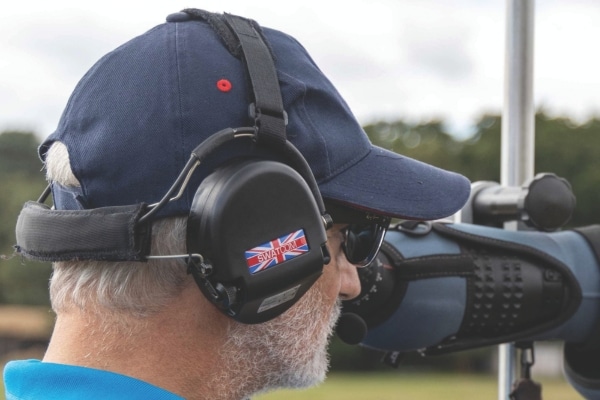
Hearing protection 101
Hearing protection is not a luxury accessory, it is an essential piece of kit for safeguarding your hearing for years to come.
Get information on the legal shooting season for mammals and birds in the UK.
Apply for funding for your project or make a donation today
Comprehensive information and advice from our specialist firearms team.
Everything you need to know about shotgun, rifle and airgun ammunition.
Find our up-to-date information, advice and links to government resources.
Everything you need to know on firearms law and licensing.
All the latest news and advice on general licences and how they affect you.


BASC’s head of education and outreach, CURTIS MOSSOP, reflects on a half-century milestone for Sparsholt College and details BASC’s ongoing work to safeguard the future of land management qualifications.
Sparsholt’s illustrious history stretches back 125 years. In a revolutionary move 50 years ago, the college – at that time known as Hampshire College of Agriculture – pioneered the country’s first dedicated course in conjunction with the then Game Conservancy. In 1973, the first cohort of students embarked on a ‘certificate of proficiency in gamekeeping and sporting management (including waterkeeping)’. They would be the first in a long line of student groups, spanning decades, all aiming to be the next generation of gamekeepers or countryside managers.
While the core purpose of a gamekeeper has changed very little within the last half century, the role has diversified considerably. Some would argue that a ’keeper’s responsibility and influence on the countryside is better represented by the term ‘wildlife manager’… but that’s a discussion for another day.
Arguably one of the greatest changes since the 70s is the nature of the tools now at the disposal of gamekeepers – and the techniques employed. Silky broody hens, for example, gave way to paraffin incubators, which then evolved into the modern rearing systems we see today.
Meanwhile, for fox control, many now use cutting-edge thermal and night vision gear – a far cry from the old combination of a lamp and a weighty car battery in a satchel. I still vividly remember the cautionary whispers of my grandfather during our night-time forays when I was a youngster as he warned me of the battery acid which occasionally made its way through to my waxed jacket.
Despite the alarming rate at which I’m sprouting grey hairs, I’m only a late-80s child and even I can reflect on the stark changes I’ve seen during this time. To the current day game and wildlife management student, much of the kit and many of the techniques used by their forebears can now only be experienced through reading a book or a Google Images trawl.
Throughout this period of change, Sparsholt has been adapting and evolving, too. As one of the leading colleges in the country, it strives to prepare students for the realities of what we all know are difficult but ultimately rewarding careers within the land-based sector.
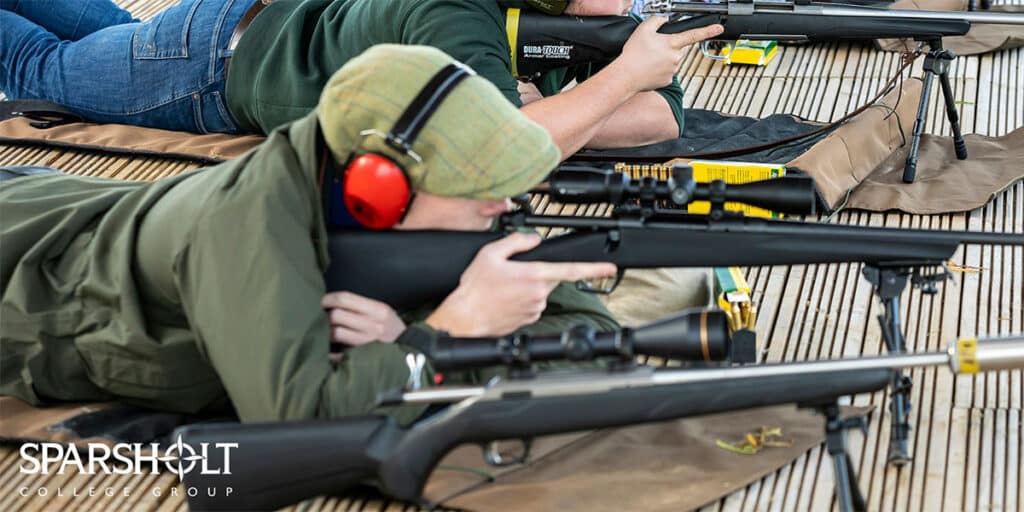
To mark the college’s impressive milestone of delivering gamekeeping and wildlife management training for 50 years – to thousands of students – it held an anniversary conference in March. BASC was a headline sponsor of the event alongside ATN Optics. With the room at maximum capacity – packed with alumni, longstanding supporters, sector delegates and college staff new and old – the morning session provided the ultimate networking opportunity to catch up over coffee. A welcome address from college principal Julie Milburn was followed by reflective discussion from curriculum staff and a look toward the future. A special mention and round of applause went to three members of the original 1973 cohort – Nigel Lewis, Jeffrey Moore and Melvin Wright – which was a humbling experience for all in attendance.
I had the great privilege of being asked to speak at this event to cover the engagement, education and outreach work carried out by BASC to connect with and educate new audiences on the mutually dependent themes of shooting and conservation. During 2022, through its own events and those we attend on behalf of our educational partners, BASC
engaged with 31,766 young people – a Herculean team effort but one which the sector as a whole should aim to contribute toward in the future.
For the afternoon session, visitors were handed over to the students for a campus tour. Capable and eloquent in their hosting skills, the students were a real credit to the tutors. A wry smile came across my face as I overheard ex-students chatting and laughing mischievously about their antics during their years at the college. The great irony is that I am both a former gamekeeping student and a former gamekeeping lecturer, so I understand both sides of those cat and mouse escapades.
The college boasts an impressive array of facilities: an indoor .22 rifle range; an outdoor full-bore range; an ATV course; a sika deer herd; and the game and wildlife centre which contains modern incubation and hatching facilities, a game and deer larder, and classrooms and workshops. All in all, these are arguably some of the finest training resources anywhere in the country, providing contextualised learning opportunities and real-world experiences.
The day was rounded off with a special presentation of the coveted Courtier Trophy to a true gentleman and much-loved Sparsholt staff member, Dave Ballantyne. After being a keeper himself, Dave had amassed nearly 36 years of teaching at Sparsholt. The trophy was awarded by BASC’s head of deer and woodland management Martin Edwards, who himself had taught at the college for 34 years before joining BASC.
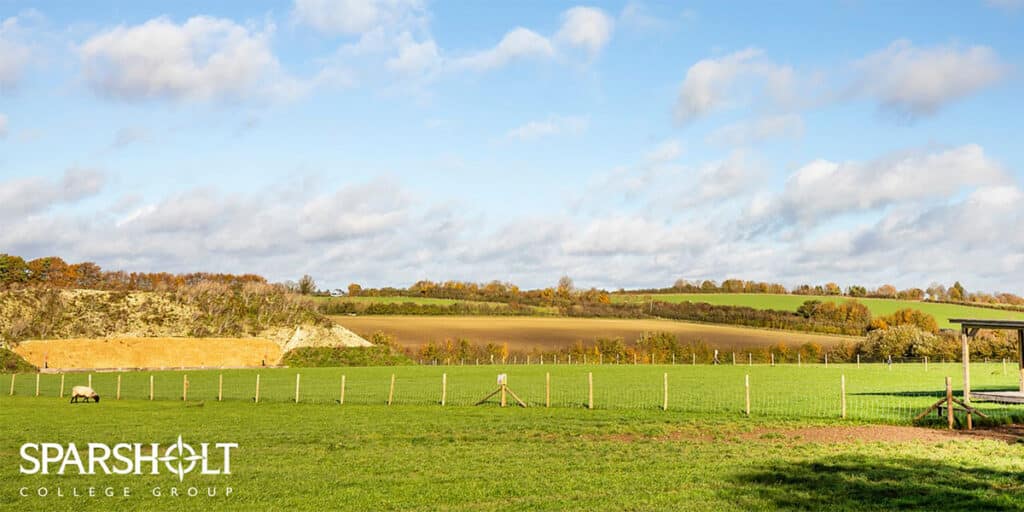
I caught up with Dave after the event. He said: “I am elated to be bestowed the honour of receiving the Courtier Trophy. Reflecting on my time here, it’s been a great journey, meeting wonderful people and friends along the way. Seeing our students achieving their ambitions and becoming bastions of the countryside is the ultimate highlight for me.
“Sparsholt has been at the forefront of game and wildlife education for 50 years. This has been achieved, in my opinion, by dedicated staff and the early support from a principal who believed in what could be another diversification to what was an agricultural college. The staff who have taught over the years have come from a variety of backgrounds and a good percentage have been from gamekeeping and countryside disciplines.
“We developed our courses through close consultation with key people from our industry and related organisations. The practical aspects of our courses relied on the support of local estates – many were happy to help with the development of the next generation, which allowed students to practise their skills and make important contacts for the future.
“What BASC is doing with the education of future generations and the general public will play a fundamental part in the continuation of shooting, by promoting the benefits to the environment and wildlife. There is not a more important time to do this as the public is very focused on what they can do to help with environmental issues. More estates need to promote what they do for wildlife in general and how this is achieved through the good management practices of the shooting fraternity.”
Mirroring Dave’s sentiment, while it is heart-warming to look at what has been, we must also look ahead, as that is where the challenges lie.
BASC is fighting for gamekeepers on many fronts, and we have been working to save full-time game and wildlife courses from government education reforms which looked to streamline the Further Education provision. After tireless work with educational bodies, lobbying government and awarding bodies, the outlook is much brighter than it once was. Rather than the proposed cessation of these qualifications, BASC’s work has created a dialogue to find a resolution which we are working positively with the relevant stakeholders to facilitate. I must take this opportunity to emphasise to prospective game and wildlife students that colleges such as Sparsholt are absolutely open for business and are welcoming course applications for September 2023.
BASC is also currently supporting Skills Development Scotland; the association has been a key voice in the development of a new gamekeeping apprenticeship which will supersede the current offering in the near future.
What will the next five decades hold for our sector? Who knows? I hope to be able to make Sparsholt College’s celebration of 100 years of game and wildlife courses. Perhaps the college will unveil a new robotic spaniel with artificial intelligence technology – it might even do as it’s told?
One thing is certain: BASC will still be fighting for gamekeepers and shooting.
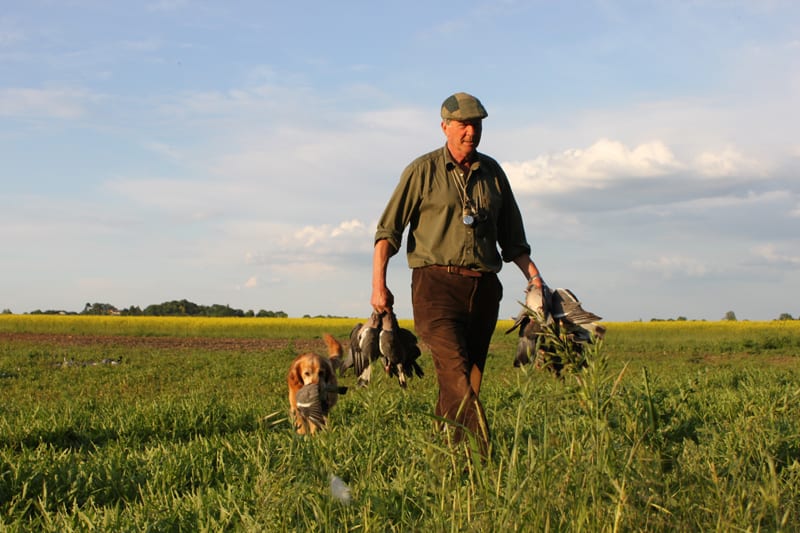


Hearing protection is not a luxury accessory, it is an essential piece of kit for safeguarding your hearing for years to come.
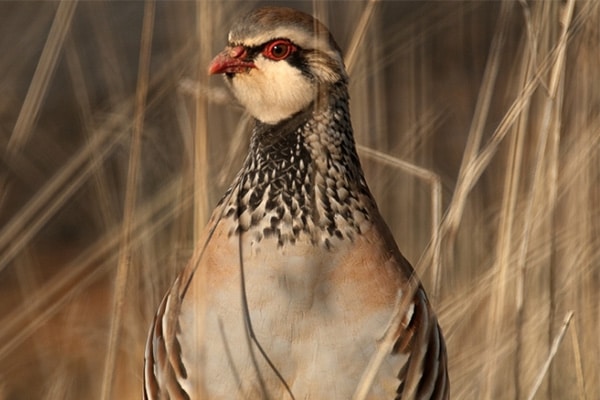
The Government has announced an interim licensing scheme for gamebird release on and within 500 metres of European Protected Sites.
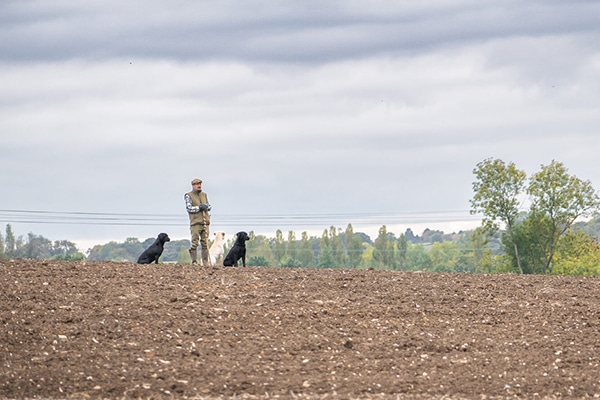
The value of a well-oiled picking-up team can’t really be overstated. After all, accounting for every bird shot should always be the end goal.